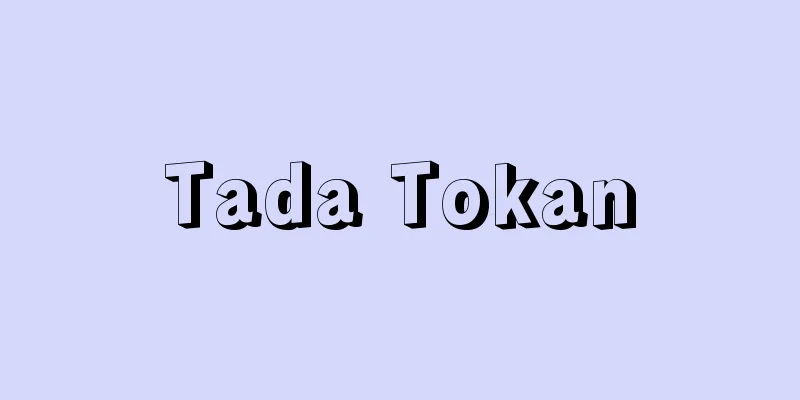Figurative Haniwa

|
A general term for haniwa shaped like creatures or objects other than cylindrical haniwa. They are divided into human-shaped haniwa, animal-shaped haniwa, utensil-shaped haniwa, house-shaped haniwa, etc. House-shaped haniwa first appeared in the 4th century, followed by shield-shaped haniwa and chicken-shaped haniwa, and human-shaped haniwa were added in the 5th century. [Hirofumi Hashimoto] [Reference] |Source: Shogakukan Encyclopedia Nipponica About Encyclopedia Nipponica Information | Legend |
|
円筒埴輪以外の生物や物をかたどった埴輪の総称。人物埴輪、動物埴輪、器財埴輪、家形埴輪などに分けられる。古く、家形埴輪が4世紀代に出現し、盾(たて)形埴輪、鶏(にわとり)形埴輪などがそれに続き、5世紀に人物埴輪が加わった。 [橋本博文] [参照項目] |出典 小学館 日本大百科全書(ニッポニカ)日本大百科全書(ニッポニカ)について 情報 | 凡例 |
Recommend
administrative county
…In England, although there have been changes in ...
Iris (movie) - Iris
...Film critic HA Potamkin pointed out in Theatre...
Equipment number
A numerical value used to determine the size and s...
Theodorich
…In Prague, Charles IV also invited craftsmen not...
Mononobe
The former name of a village (Mononobe Village) i...
Convenient means
[1] (noun) ① (free translation of upāya) A Buddhis...
Calanthe reflexa (English spelling) Calanthereflexa
…[Ito Gohiko]. … *Some of the terminology that me...
Iga Ichinomiya
...It is located in Ichinomiya, Ueno City, Mie Pr...
deforestation
...Therefore, it was only when heavy industries s...
Muikamachi Basin - Muikamachi basin
A mountain basin in the southeastern part of Niig...
Mesopithecus
...The first capuchin monkey, Dolichocebus , was ...
Floating Weeds
According to Ozu, the film was "like a mixed...
Vetiver (English spelling) Vetiveria zizanioides; vetiver
A large perennial grass of the grass family, nativ...
Ambrakia - Ambrakia
Please see the Alta page. Source: Encyclopaedia B...
Peronella japonica
Class Echinoidea, Order Scutellaria, Family Cassip...









